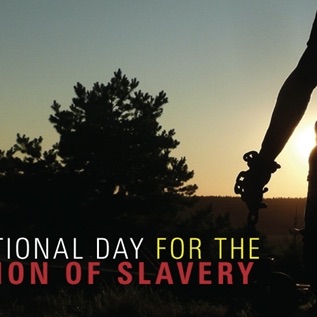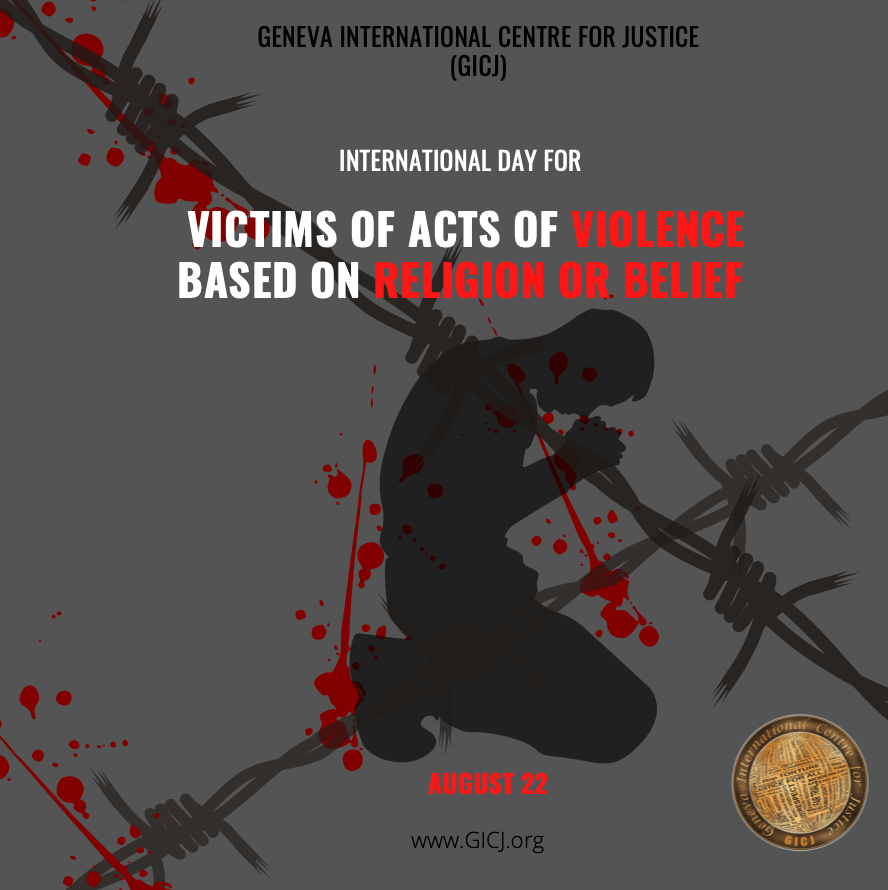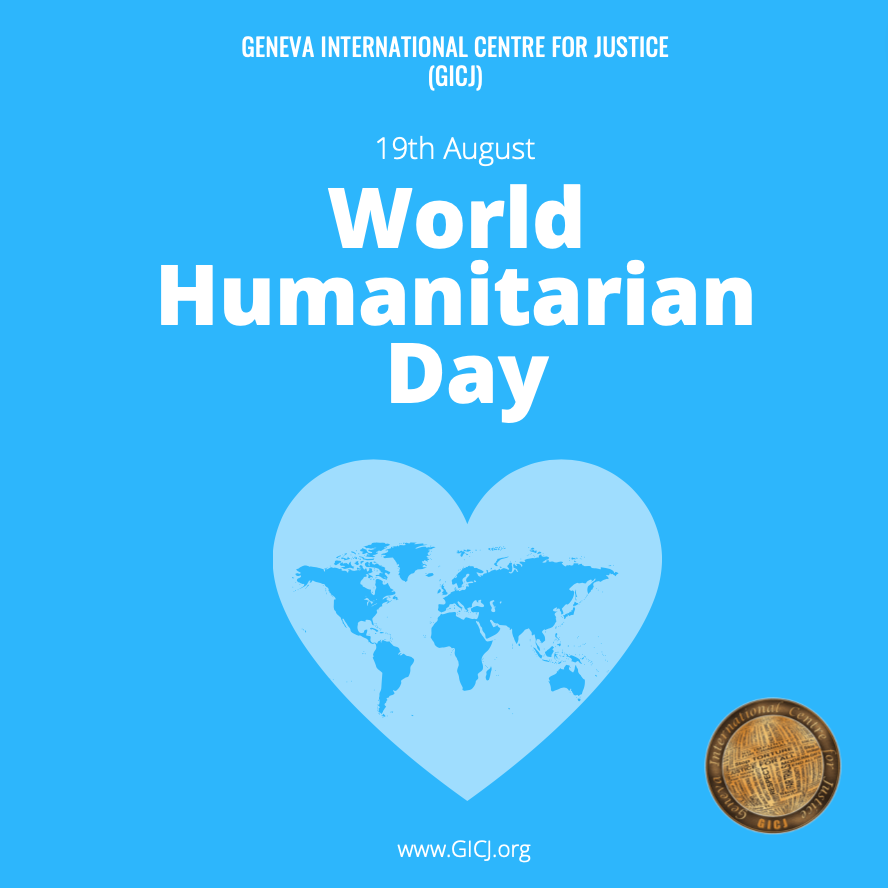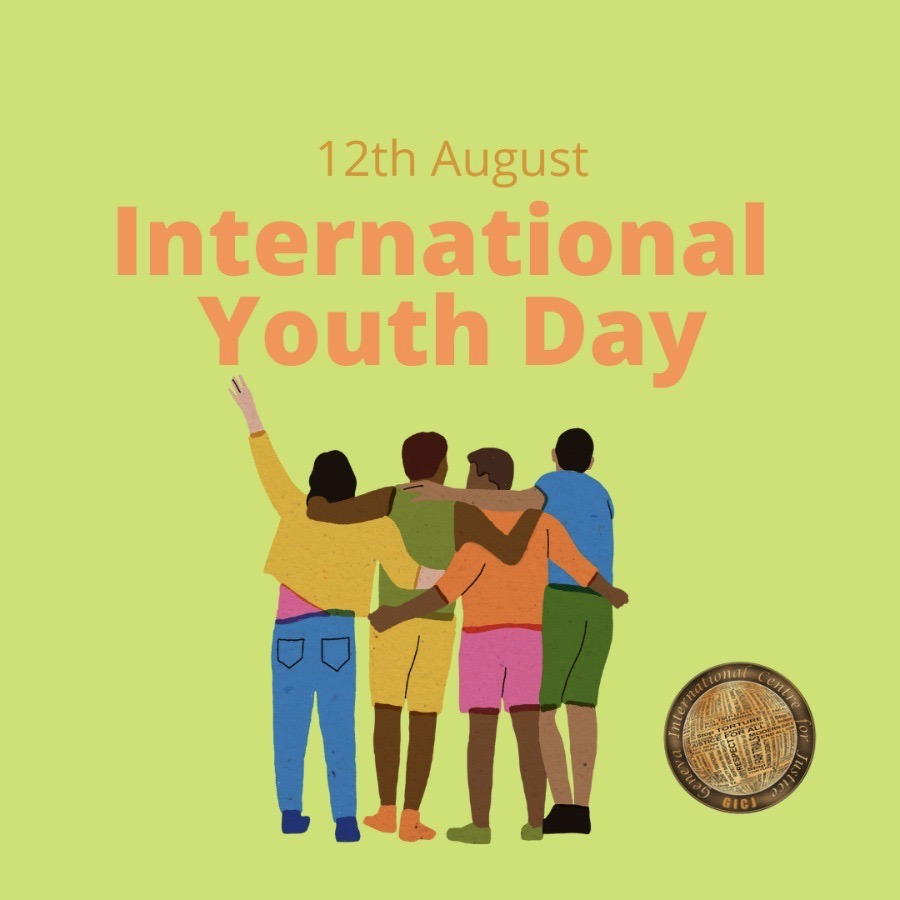By Loïc Dorthe / GICJ
The International Day of Democracy is celebrated annually on the 15th of September. Established In 2007 by a UN General Assembly resolution, it is intended as an occasion to assess democracies worldwide and encourage progress towards a more participatory political system [1].
The word “democracy” comes from the ancient Greek dialect, from the combination of the word people (Demos) and rule/power (Kratos). Its fundamental value is that political power should be held by the people. Around the 5th century B.C., the city of Athens developed a political system in which citizens met to debate and decide political issues together rather than following the order of a single ruler or ruling class, which was generally the case at the time [2]. Nevertheless, despite their participatory aspects, ancient Greek democracies were far from what we consider a democracy today. Citizenship and political power were reserved exclusively for adult males with both Athenian parents. It excluded women, long-term settled foreigners, and of course, all enslaved humans. In total, only approximately 10% of the Athenian population held political power [3].
Nowadays, democracy has evolved into more inclusiveness and has implemented other core values towards which democracies should strive. For instance, democracy goes hand in hand with individual freedom, freedom of expression, and freedom of assembly. Citizen participation in the political process has persisted but has evolved into periodic and genuine elections by universal suffrage. However, the most important added value of modern democracy is its objective of protecting human rights. Provided they implement systems to protect minorities, democracies are considered to be the “the natural environment for the protection and effective realisation of human rights” [4]. Article 21(3) of the Universal Declaration of Human Rights states the importance of democratic systems for its fulfilment:
“The will of the people shall be the basis of the authority of government; this will shall be expressed in periodic and genuine elections which shall be by universal and equal suffrage and shall be held by secret vote or by equivalent free voting procedures.” [5]
However, democracy is in crisis. In recent decades, fledgling democracies have failed to improve their democratic systems. Many have seen their democracy index shrink and, in the worst cases, revert to authoritarian regimes. Globally, pro-democracy movements are brutally repressed, resulting in the loss of people’s fundamental rights. By 2022, it is estimated that one third of the world’s population will be living under an authoritarian regime, where the will of the people is not observed or not effectively respected. According to former High Commissioner for Human Rights Michelle Bachelet, “the level of democracy enjoyed globally by the average person was down to 1989 levels” [6]. Unfortunately, recognised evidence shows that a decrease in democratic components within political systems is often followed by a decrease in freedom and respect of human rights [7].
For the 2022 theme, the UN wants to strengthen democratic resilience in the face of future crises. The unprecedented COVID-19 pandemic has pushed states to take strong decisions to safeguard public health. However, in some cases, this included an abusive restriction of individual freedoms, while its promptness excluded people from political decision-making. As democracies will undoubtedly face a crisis with similar outcomes in the future, the UN and its Secretary General António Guterres stress the importance of limiting the restrictions of fundamental freedoms when balancing them with other essential objectives. Human rights, however, shall always be respected [8].
Geneva International Centre for Justice (GICJ) celebrates the International Day of Democracy. However, we remain deeply concerned about the democratic stance of certain countries and the risk it poses to respect for human rights. We urge all States to uphold the will of the people by strengthening the democratic mechanisms in their political systems. GICJ recalls that without the people deciding for themselves, human rights are at stake. We condemn the brutal oppression that pro-democracy movements face, and we believe that, as former UN Secretary General Kofi Annan expressed, “Democracy remains a universal aspiration. Why? Because it actually delivers” [9].
International Day of Democracy, Democracy, UN, people, citizens, rights, freedom, liberty, vote, Geneva, Geneva4justice, GICJ, Geneva International Centre for Justice
[1]https://www.ipu.org/our-impact/strong-parliaments/international-days/international-day-democracy
[2] https://nationaltoday.com/international-day-of-democracy/
[3] https://www.history.com/topics/ancient-greece/ancient-greece-democracy
[4] https://www.un.org/en/observances/democracy-day
[5] https://www.un.org/en/about-us/universal-declaration-of-human-rights
[6]https://www.ohchr.org/en/statements-and-speeches/2022/08/crisis-and-fragility-democracy-world
[7]https://www.idea.int/sites/default/files/publications/democracy-and-human-rights-the-role-of-the-united-nations.pdf
[8] https://www.un.org/en/observances/democracy-day
[9]https://www.kofiannanfoundation.org/supporting-democracy-and-elections-with-integrity/international-day-of-democracy-2021/














